Extinction Rebellion held a demonstration outside Sinn Féin’s headquarters in Dublin this afternoon, at 12pm Wednesday the 8th of December. This was to “highlight Sinn Féin’s lack of timely action to prevent oil exploration for and extraction of oil and gas in Northern Ireland”.
The DUP Minister of Economy, Gordon Lyons, is currently reviewing Petroleum Licensing Policy and intends to introduce petroleum licensing policy options into Northern Ireland Executive before Christmas. Extinction Rebellion spokesperson, Oscar Mooney, said that the activist group “calls on Sinn Féin to act now in the Northern Irish Executive to ensure a full and final ban on petroleum licensing.”
A full ban on fracking is currently a stated policy of Sinn Féin. The two fracking applications currently being lodged would allow drilling and fracking to occur at two locations in Northern Ireland, in County Fermanagh and at Lough Neagh.
In 2019, Sinn Féin issued their Climate Minority Report in which they recommend “an all-Ireland approach to climate action”, as well as more ambitious targets on renewable energy generation. While fracking is currently banned in the Republic of Ireland, Scotland, Wales, and England, there is no ban in place in Northern Ireland.
Sinn Féin put forward a bill the Northern Assembly to ban fracking. In the bill, an earlier term “all rocks” was replaced by “shale or encased in shale”. According to Extinction Rebellion, this would “leave Northern Ireland open for fracking in sandstone and coal bed methane”. It is currently considered unlikely for the bill to pass before the Northern Ireland election in Spring 2022.
Fracking results in the release of greenhouse gases and other dangerous pollutants including methane into the local air and water systems. Methane has a global warming potential 84 times greater than that of carbon dioxide. Fracking can also cause the release of contaminants into nearby ecosystems, which can travel through hydraulically connected systems, such as rivers or aquifers, and other connected natural systems. The carcinogens in the air produced from fracking can travel up to 100 miles putting the people in the Republic at risk from health harms of fracking in Northern Ireland.
A recent publication by the Irish Centre for Human Rights found that fracking is in violation of the right to life, right to water, right to health, right to housing, and the right to a safe, clean, environment amongst many other rights. The community around Lough Neagh including the people living in Belfast rely heavily on the lough, using it for 40% of their drinking water, and any contamination would lead to dangerous chemicals entering their water source.
Tom White from Belcoo Frack Free stated that “once drilling starts, contamination will be a very real health risk to the locals,” and asked if “Sinn Féin [is] going to fail to defend Human Rights?”
Sinn Féin has previously been vocal about banning fracking across the Island, as demonstrated in their policy documents and election manifestos.
The activist groups call on Sinn Féin to “work with other parties UUP and Alliance and form a policy that will ban licenses.” Dianne Little from LAMP Fermanagh said that “if fracking is allowed to occur in Northern Ireland, the price will be illness, real pain, and suffering to people on both sides of the border in Ireland and in communities most vulnerable to climate change impacts.”
